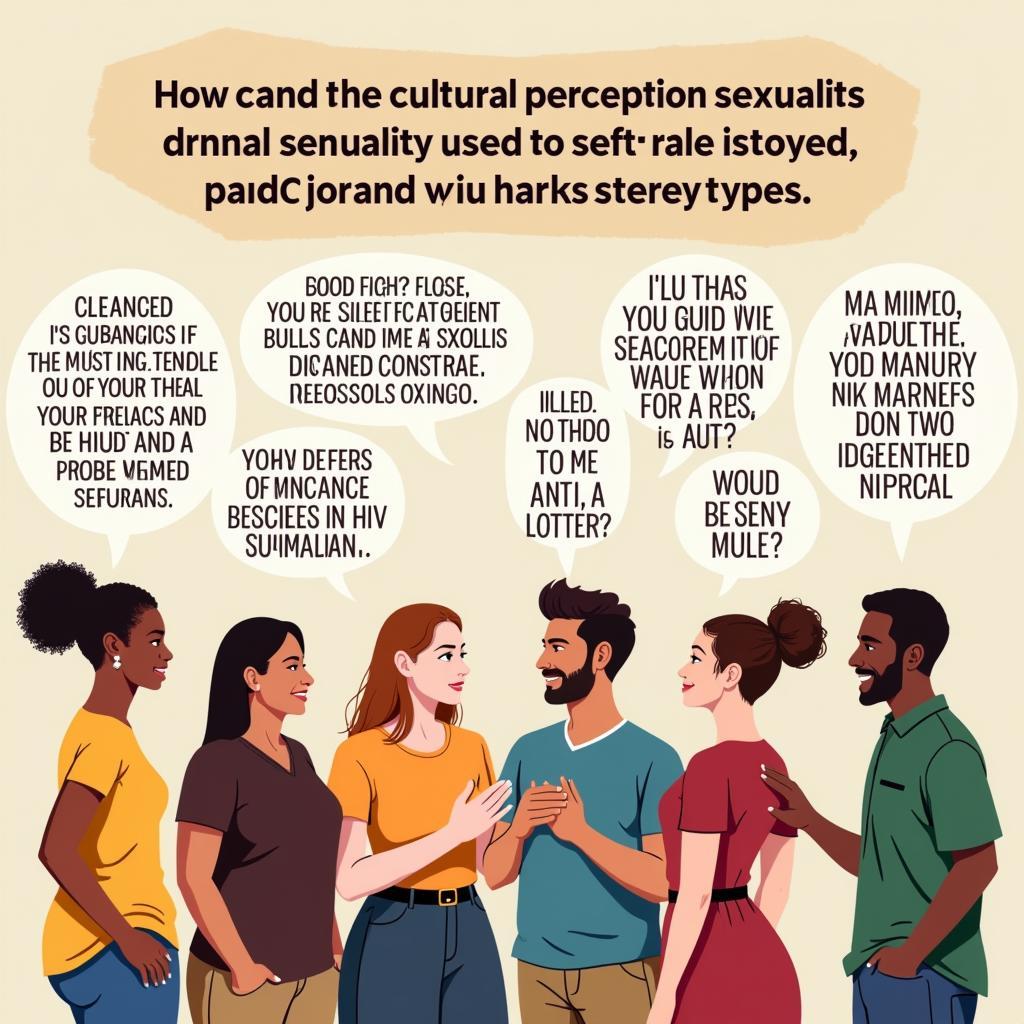African American Witchcraft: A Look into the History and Practices
African American Witchcraft, also known as Hoodoo or conjure, is a rich and complex tradition rooted in the spiritual beliefs and practices of enslaved Africans brought to the Americas. It’s a fascinating blend of West African spiritual traditions, indigenous American practices, and European folk magic, adapted and transformed through the lens of Black American experiences. This article explores the history, beliefs, and practices of African American witchcraft, offering a glimpse into its fascinating world.
The Roots of African American Witchcraft
African American witchcraft finds its origins in the diverse spiritual traditions of West Africa, where ancestor veneration, divination, and herbalism played crucial roles in daily life. When Africans were forcibly brought to the Americas during the transatlantic slave trade, they were stripped of their ancestral cultures and forced to adapt to a new reality. Yet, they managed to preserve and adapt their spiritual practices, finding ways to connect with their heritage amidst oppression.
“African American witchcraft is a testament to the resilience of the Black spirit. Despite centuries of oppression, it endured and thrived, offering a powerful tool for survival and resistance.” – Dr. Abena A. Akom, Professor of African Diaspora Studies
Key Beliefs and Practices
African American witchcraft is characterized by a strong emphasis on practical magic and the belief in the power of natural forces. Some core practices include:
- Herbalism: The use of herbs and plants for healing, protection, and spiritual purposes is central to African American witchcraft.
- Divination: Practices such as reading tea leaves, using tarot cards, and interpreting dreams offer guidance and insight into the future.
- Ancestor Veneration: Honoring and connecting with ancestors is essential for receiving their guidance and protection.
- Spirit Work: Engaging with spirit guides and deities for assistance in various aspects of life.
- Candle Magic: The use of candles to symbolize intentions, attract desired outcomes, and influence energy.
- Rootwork: Working with roots and other natural materials to create powerful charms and talismans.
“Hoodoo is about finding your own power and using it to create the life you want. It’s a practical, hands-on approach to spirituality.” – Elder Marie Rose, Hoodoo Practitioner
African American Witchcraft in Contemporary Society
Today, African American witchcraft continues to evolve and thrive, adapting to the needs of contemporary Black Americans.
- Social Justice and Healing: Many practitioners use their skills to fight for social justice, heal from trauma, and promote community well-being.
- Self-Discovery and Empowerment: African American witchcraft offers a powerful path for self-discovery, personal growth, and spiritual empowerment.
- Reconnecting with Heritage: For many, engaging with this tradition is a way to reconnect with their African heritage and celebrate their unique cultural identity.
“African American witchcraft is not about casting spells or summoning demons. It’s about using your power and your connection to the spiritual world to live a more fulfilling life.” – Dr. Isaiah Walker, Author and Scholar
Frequently Asked Questions
1. Is African American witchcraft the same as Voodoo?
No, while both traditions share roots in West African spirituality, they have evolved differently. Voodoo is primarily practiced in Haiti, while African American witchcraft has a distinct history and set of practices.
2. Is African American witchcraft dangerous?
Like any spiritual practice, African American witchcraft can be misused, but its core purpose is about healing, empowerment, and positive change.
3. How can I learn more about African American witchcraft?
There are many resources available to learn more about African American witchcraft, including books, websites, and community groups.
4. Can anyone practice African American witchcraft?
While anyone can be drawn to this tradition, it’s important to remember that it’s rooted in the experiences and struggles of Black people. Respect and cultural sensitivity are crucial when approaching this practice.
5. What are some popular African American witchcraft resources?
There are several reputable resources available, including books by renowned authors like Dr. Zora Neale Hurston, who documented Hoodoo practices in the early 20th century.
6. Where can I find a Hoodoo practitioner?
Many Hoodoo practitioners work in communities and offer services through word of mouth.
7. What are some key differences between Hoodoo and conjure?
While they are often used interchangeably, Hoodoo is a broader term encompassing the African American spiritual tradition, while conjure refers to specific practices within Hoodoo, such as using roots and herbs for magical purposes.
8. What are some important things to consider before practicing Hoodoo?
It’s vital to seek guidance from experienced practitioners, research different practices, and develop a deep understanding of the history and ethics of this tradition.
9. Where can I find more information about African American witchcraft?
You can find a wealth of information on websites dedicated to African American spiritual traditions, such as [Website name] and [Website name].
10. How can I connect with other practitioners?
There are online and offline communities that provide platforms for sharing knowledge, learning from each other, and building connections.
African American witchcraft is a vibrant and evolving tradition that continues to offer spiritual, cultural, and personal empowerment to Black Americans and beyond. It’s a testament to the resilience and creativity of the Black community and its capacity to adapt and thrive in the face of adversity.
